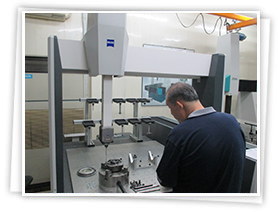Casting Process
The Automatic Muller ensures the sand provision at the speed of 60 tons per hour with the most adequate quality.
| Characters Focused | Properties Tested |
|---|---|
| Moldability | Permeability |
| Permeability | Strength |
| Flowability | Moisture |
| Refractoriness | Clay Content |
| Collapsibility | Grain Fineness |
| Thermal Stability | Hardness |
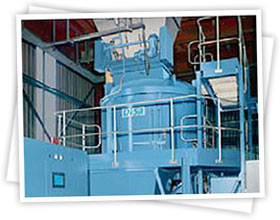
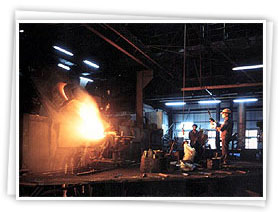
Four 2-ton induction furnaces provide over 60 tons of iron melting per shift per day.
AdjustmentOMolten composition is continuously examined by using C.E. Meter and 13-element Spectrum Analyzer to ensure the adequate property of all gray and ductile iron.
Melting is analyzed and properly adjusted before being poured into the sand molds.

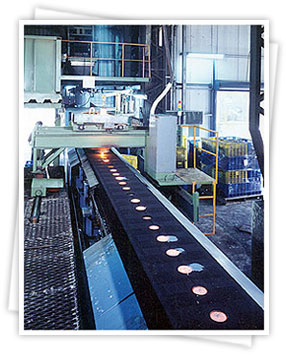
Castings with different compositions have their own temperature requirements. For example, the pouring temperature for FC 250 is no less than 1350 Celsius degree; thus, the the pouring time is very critical to avoid defective castings
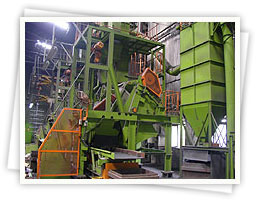
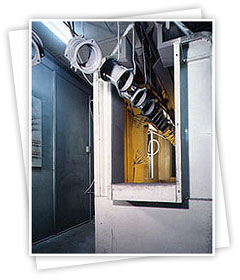
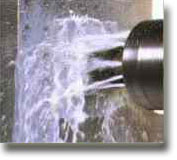
In house machining ability provides innovative, practical, and top-quality well-machined products. Machining equipment includes
- Vertical Machining Centers: 13
- CNC Lathes: 38
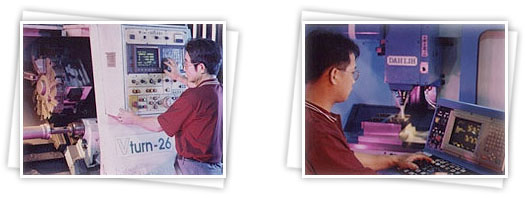
MAZAK MAZATEC H-500/50N Flexible Machining System(F.M.S.)
2 horizontal machining centers with 32 pallets
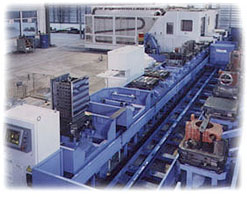
Keeping our customers satisfied is the reason of our success for the past 50 years. Because of our dedication to excel quality requirement of our customers, we have the reputation of a company with high-quality products. All examinations including Spectrographic Analysis, Brinell Hardness Test, Metallographic Analysis, Elongation and Tensile Test, and Coordinate Measuring are thoroughly performed in house in accordance with the requirement of IATF - 16949.
Spectrometer Analyzes composition including Carbon, Silicon, Sulfur, Phosphorus, Manganese, Nickel, Chrome, Molybdenum, Vanadium, Copper, Titanium, Magnesium, and Ferrum.
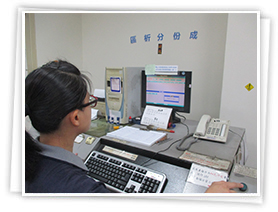
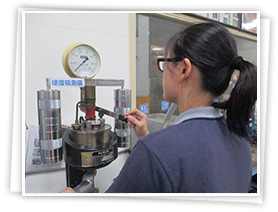
Metallographic Analysis are performed to examine the structure of finished products. Analysis includes nodularity and ferrite rating of ductile iron, and graphite type and size of gray iron.
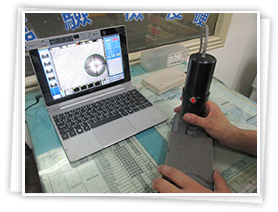
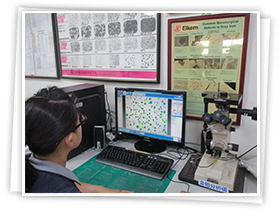
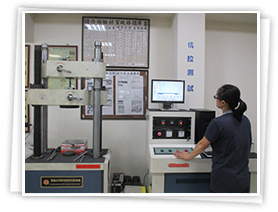
Universal Test Machine examines the elongation and tensile rates of test bars to ensure the accurate mechanical properties.
Engineer uses the coordinate measuring machine to measure the dimensions of machined product.
